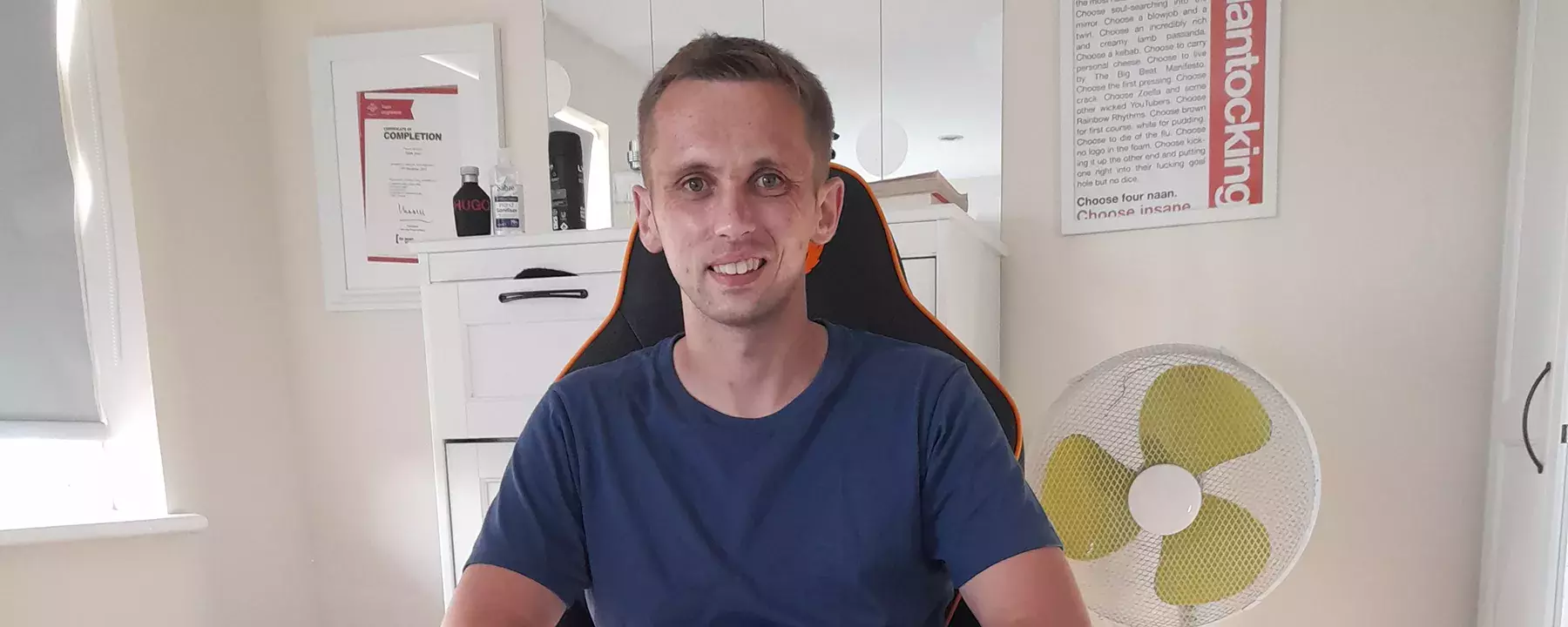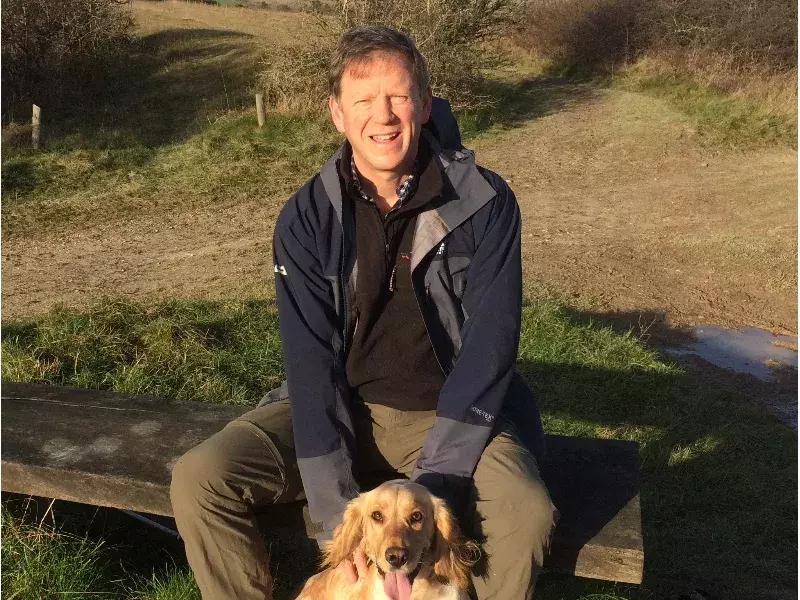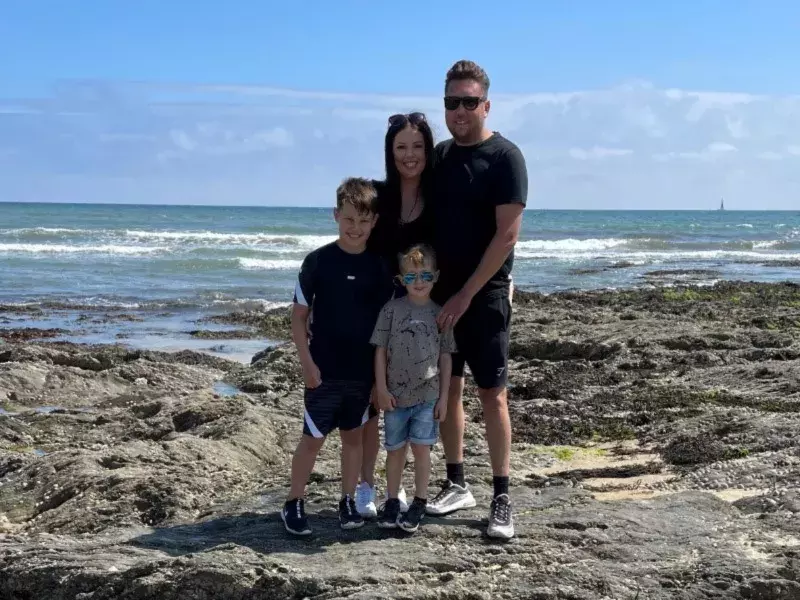Soon after joining Capita, I was diagnosed with ADHD, and I was nervous about how my new diagnosis would affect my working life. But opening up about my diagnosis, and making the most of my reasonable adjustments, was the first step in finding my confidence at work.
Finding my reasonable adjustments
When I let my manager know that I had been diagnosed, he asked me what adjustments would help me to feel my best at work, and we came up with a plan together. I’m also Autistic, and I had already made the decision to be open and honest about that in my first interview, because I knew that I would need support adjusting to an unfamiliar work environment.
We agreed that every morning we’d discuss the day’s tasks, and my manager would follow up with these tasks written in an email – because ADHD means that I struggle to structure my own time, and also to process verbal instructions.
Likewise, we agreed that he would save the complex or lengthy tasks for the beginning of the day and not give them to me in the afternoon – when mental fatigue would make it more difficult for me to address them.
We agreed that I would turn off my camera if Teams meetings lasted longer than an hour, and I would take regular short breaks throughout the day. And I’d have a day off each time my ADHD medication was reviewed and changed.
Educating my colleagues about my condition
These small adjustments make a huge difference to me, every day – and since we put them into place, I’ve even been recommended for a promotion. But they’ve also had another, bigger impact.
The self-knowledge that I gained through my new diagnosis and my successful adjustments left me feeling inspired. I decided to educate my colleagues about creating an ADHD-friendly workplace, and my manager supported me to create and deliver a presentation to over 250 of my Capita colleagues.
I explained ADHD, and the strengths – and struggles – that it brings to the world of work. Using this platform to raise awareness about a topic that is so personal to me was an enormous achievement. But what blew me away even more was the overwhelming amount of positive feedback that began to flood in.
Inspiring young people with ADHD
The Executive Board asked me to deliver my presentation to them. Colleagues got in touch asking to work with me on DEI projects. And one senior colleague, whose young son also has ADHD, wrote to me with an exciting idea. We’re now planning to deliver outreach programs to neurodiverse school-leavers, supporting them to write a CV and prepare for an interview, and inspiring them to think big for the future.
My reasonable adjustments helped me work to my best ability on a day-to-day basis – but they also gave me the confidence, self-knowledge and passion to share my perspective with colleagues and create a network of senior connections. Having the courage and the honesty to ask for help when you need it pays off.
Being proud, and never ashamed
Here’s my advice to anyone going through a similar situation:
- Be honest about your conditions from day one – you can’t receive support if you aren’t open with your manager.
- Be proud and bring your full self to work – your condition doesn’t define who you are, but it’s nothing to be ashamed of either.
#BeBrilliantBeYou









